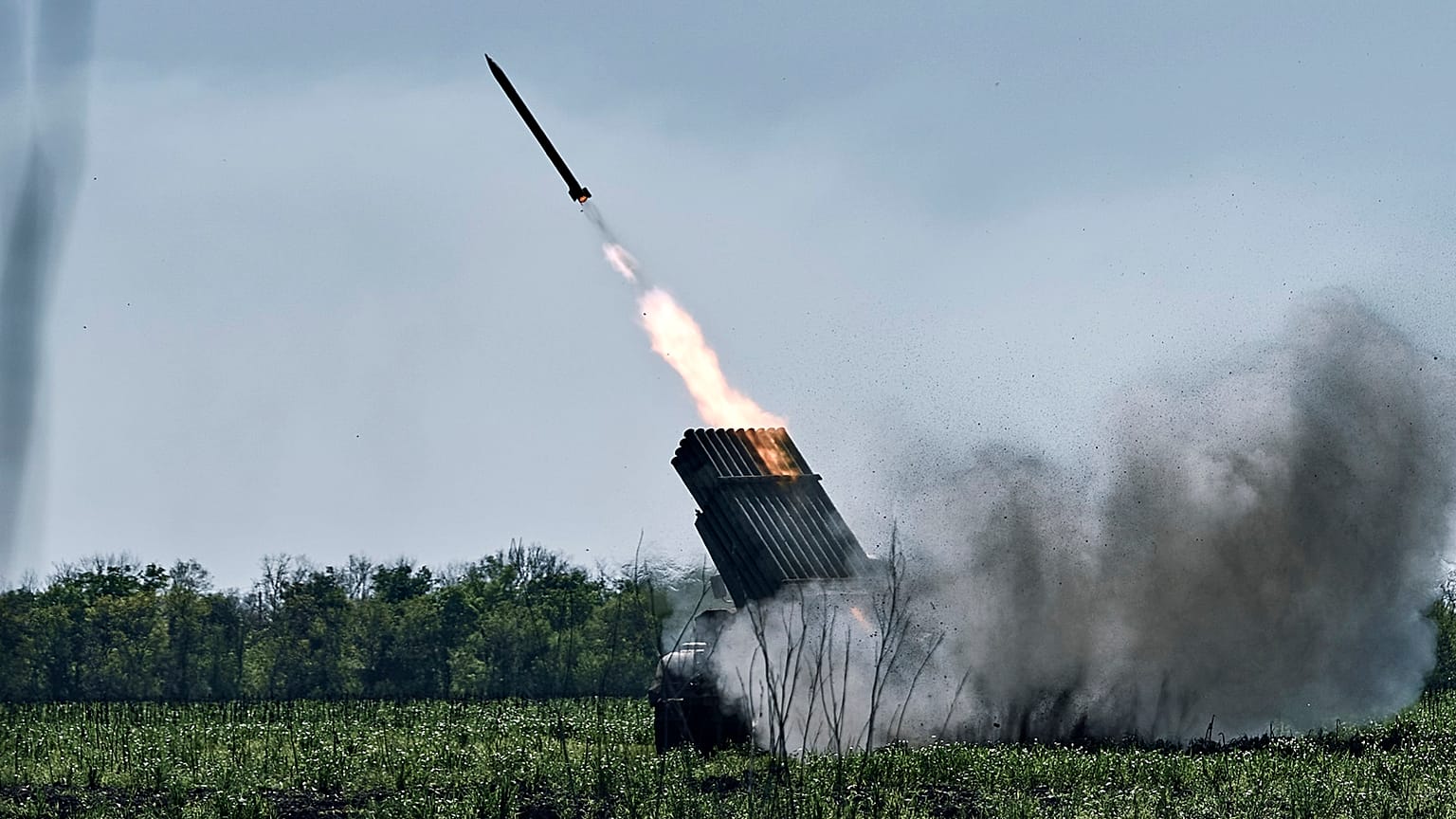European Union countries reached on Wednesday evening a hard-fought deal to boost and revamp military assistance to Ukraine.
The agreement struck by ambassadors in Brussels will inject an additional €5 billion into the European Peace Facility (EPF) until the end of the year, which will come on top of the €6.1 billion committed since early 2022.
 ADVERTISEMENT
ADVERTISEMENT
 ADVERTISEMENT
ADVERTISEMENT
The EPF gained prominence in the immediate aftermath of Russia's war as member states rushed to provide Kyiv with the military equipment kept in their national stocks.
The facility partially reimburses the costs of these donations, allowing all countries, from the largest to the smallest, to chip in and help out. It is an "off-budget" scheme because the EU's coffers cannot finance expenditure with military implications.
But in 2023, the EPF began to lose steam as stocks became gradually depleted and governments shifted to bilateral donations to Ukraine, rather than collectively. The facility was effectively paralysed in May after Hungary slapped a veto in retaliation for Kyiv's designation of OTP Bank as an "international sponsor of war."
The designation was lifted months later after an intense diplomatic push but Budapest kept preventing the release of a new €500-million tranche to top up the mechanism.
Meanwhile, a debate was launched to reform the EPF and make it more efficient, more predictable and better tailored to Ukraine's needs.
The talks, however, became entangled in political considerations and dragged on for longer than expected: Germany insisted on discounting "in-kind contributions" (bilateral donations) from the country's expected input while France, supported by Greece and Cyprus, demanded the EPF be used exclusively to purchase weapons and ammunition made inside the bloc.
The debate in Brussels stood in stark contrast with the events on the battlefield: in February, Ukrainian troops were forced to withdraw from the eastern city of Avdiivka, marking a small yet strategic win for Russia. The setback was linked to dwindling military supplies by Western allies, particularly from the United States, where a $60-billion support package is stuck in bipartisan infighting.
The circumstances piled pressure on ambassadors to break the impasse after multiple unsuccessful attempts. The compromise that emerged after Wednesday's meeting contains the concessions needed to bring Paris and Berlin on board.
On the one hand, member states will give priority to EU-made weapons but will have the option to resort to alternatives produced abroad in cases when the bloc's defence industry is unable to meet the demand. Additionally, an unspecified amount of the €5 billion will be devoted to boost joint purchases of military equipment, in line with the goals of an EU strategy unveiled earlier this month, a diplomat explained.
On the other hand, the revamped EPF will enable countries to take into account the value of their bilateral donations by using a formula to recalibrate their monetary contributions.
By reviving collective donations, Brussels hopes to alleviate the political tensions caused by the deep gaps in military donations to Ukraine: according to the Kiel Institute, Germany leads the bloc with €17.7 billion, followed by Denmark with €8.4 billion and the Netherlands with €4.4 billion. By contrast, three of the largest countries lag further behind: Italy (€0.67 billion), France (€0.64 billion) and Spain (€0.33 billion).
Paris has contested the institute's methodology and argues its bilateral donations amount to €2.61 billion, still a far cry from Berlin's.
In parallel, the Czech Republic has launched an initiative to procure 800,000 artillery shells from non-EU producers, which could be delivered to Kyiv in an accelerated timeframe. The project, which is set up outside of the EPF, has earned the endorsement of 18 countries, according to President Petr Pavel.
However, Prime Minister Petr Fiala later downgraded the number to 300,000 rounds.
This piece has been updated to include more information about the EPF deal.














